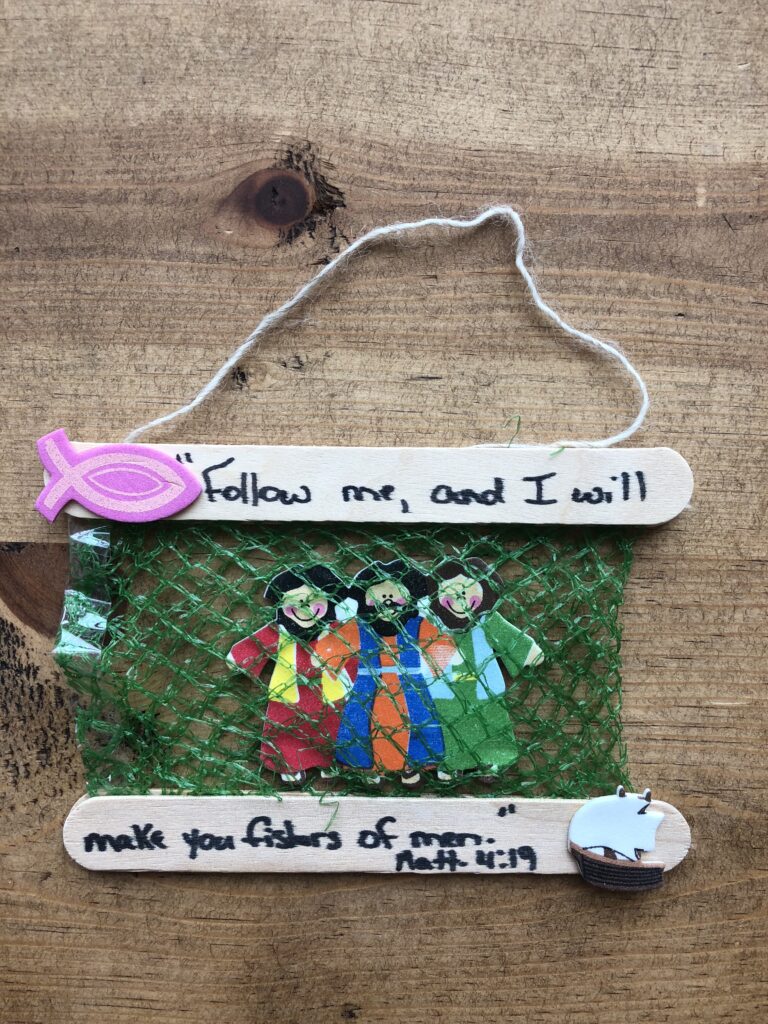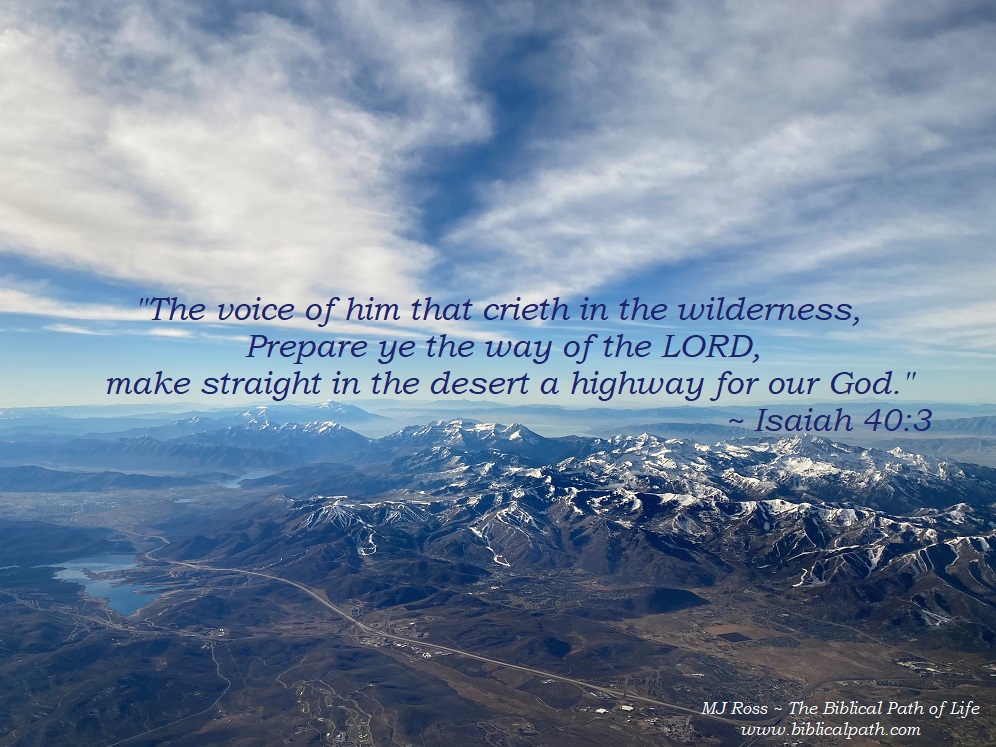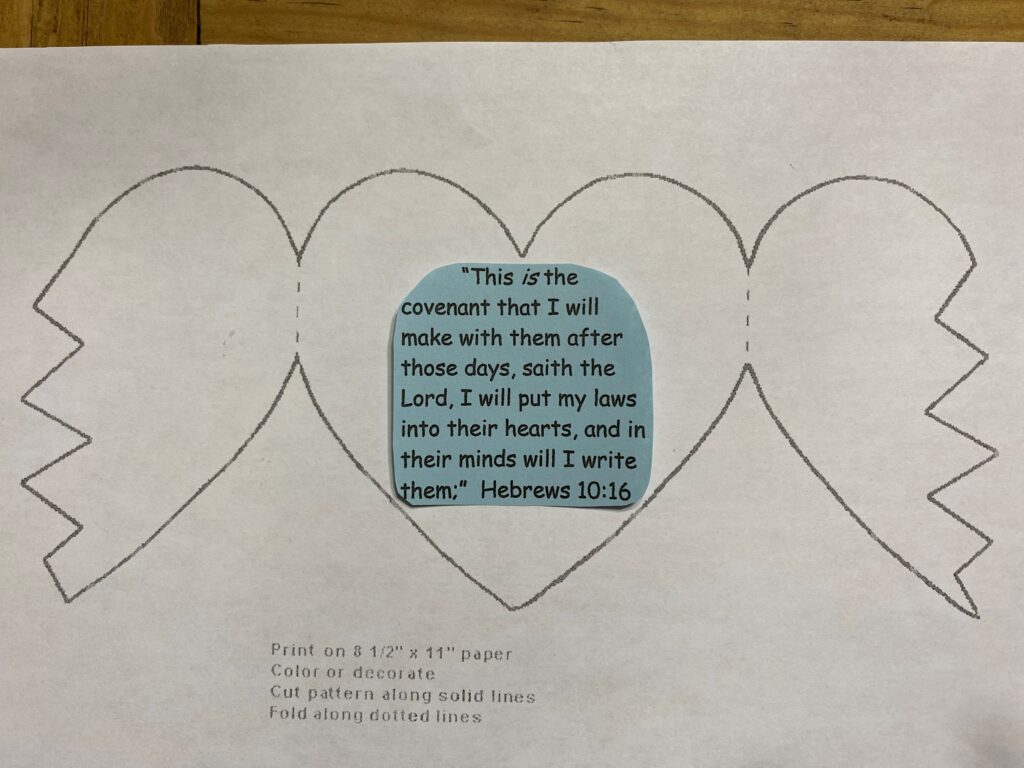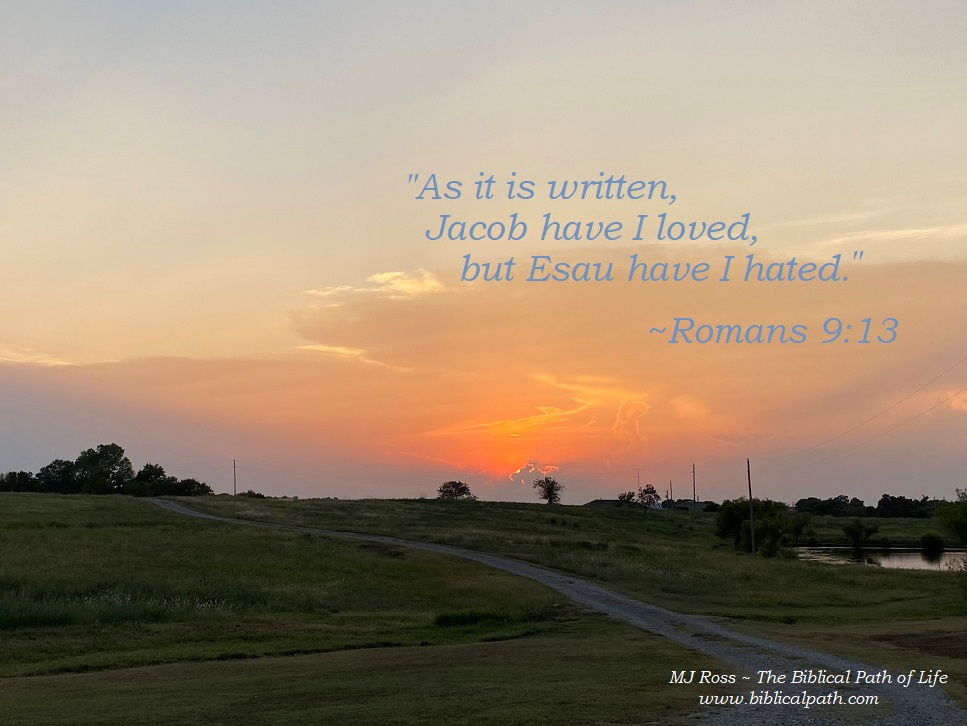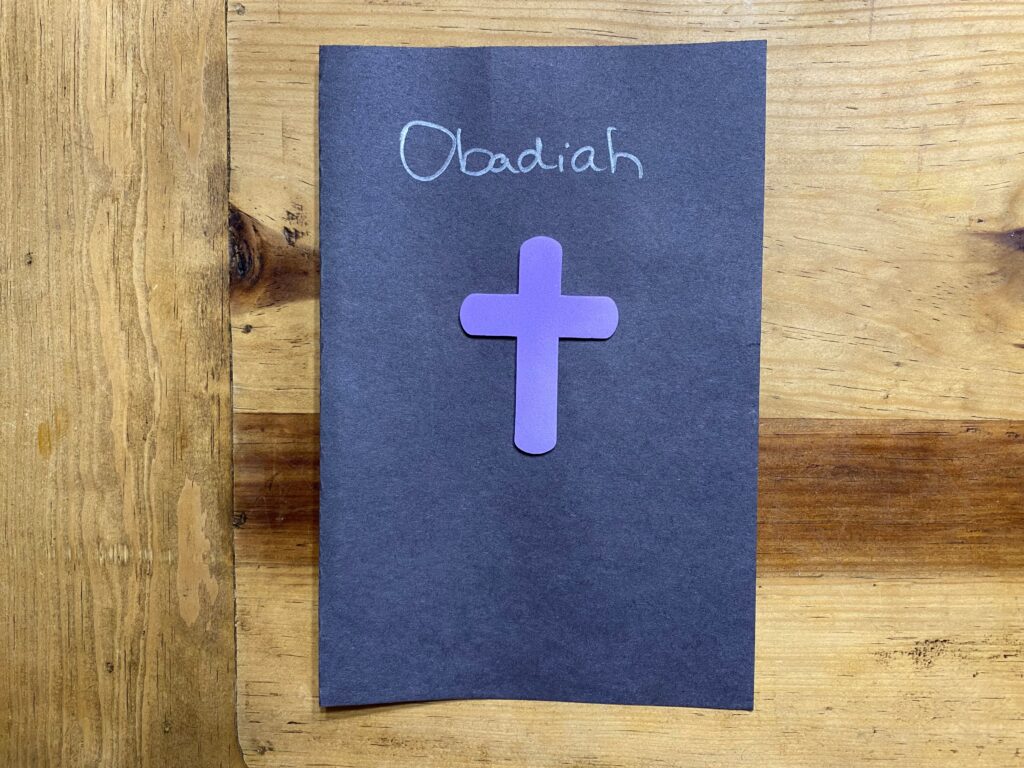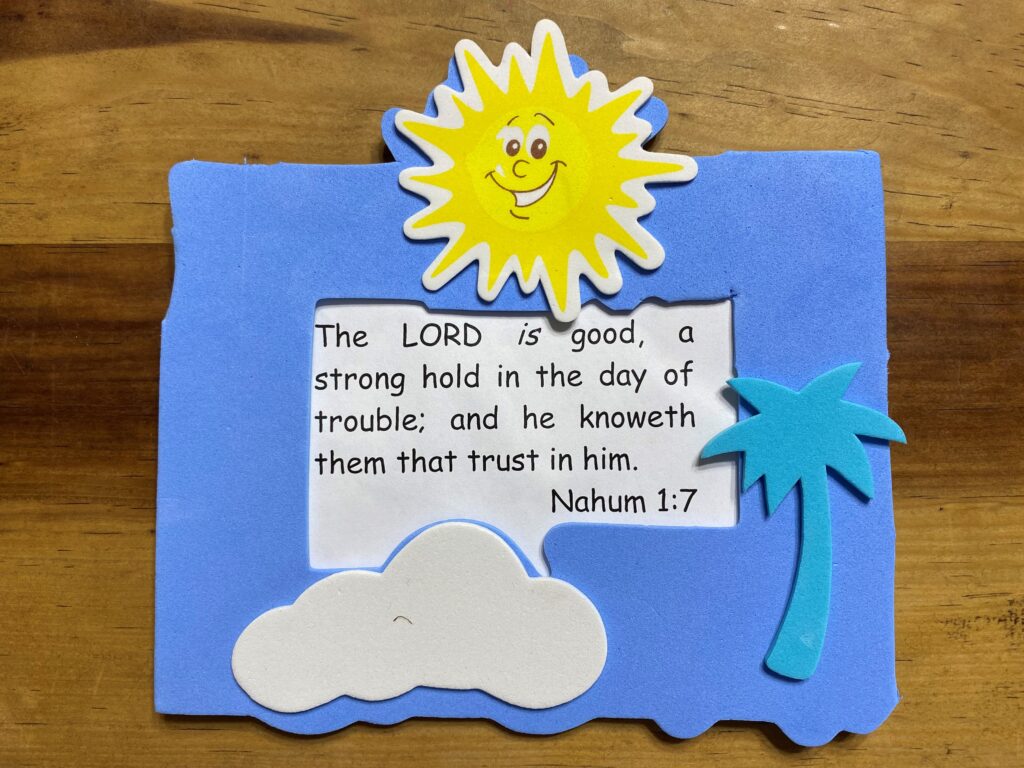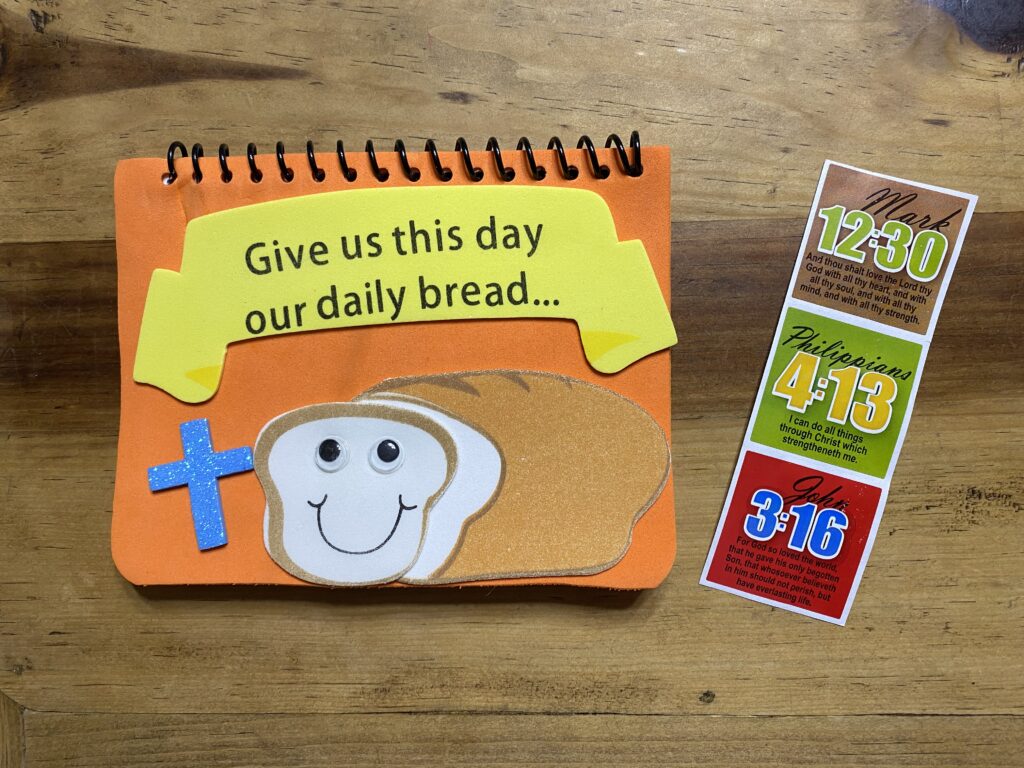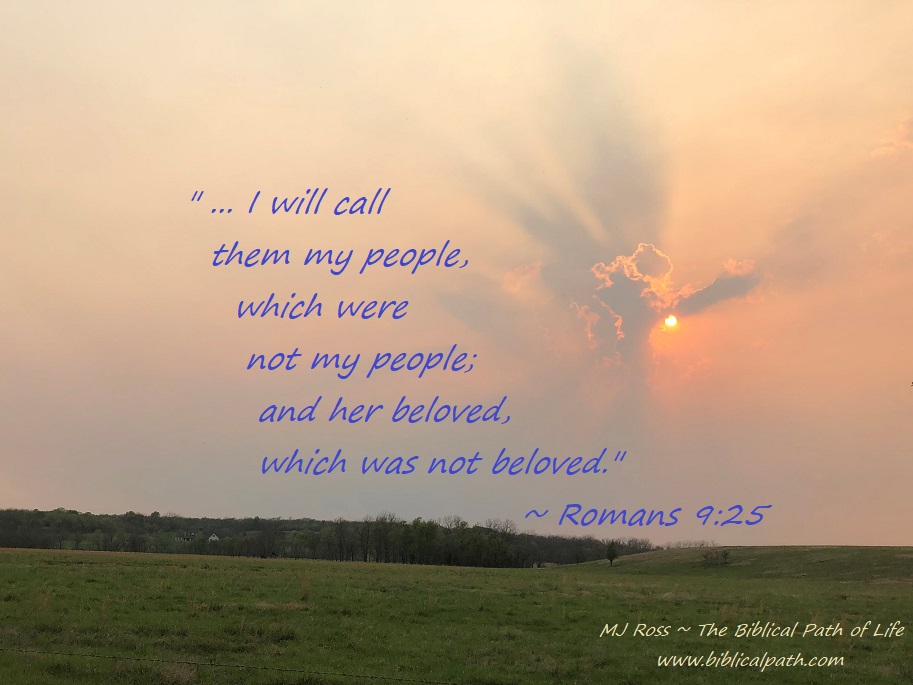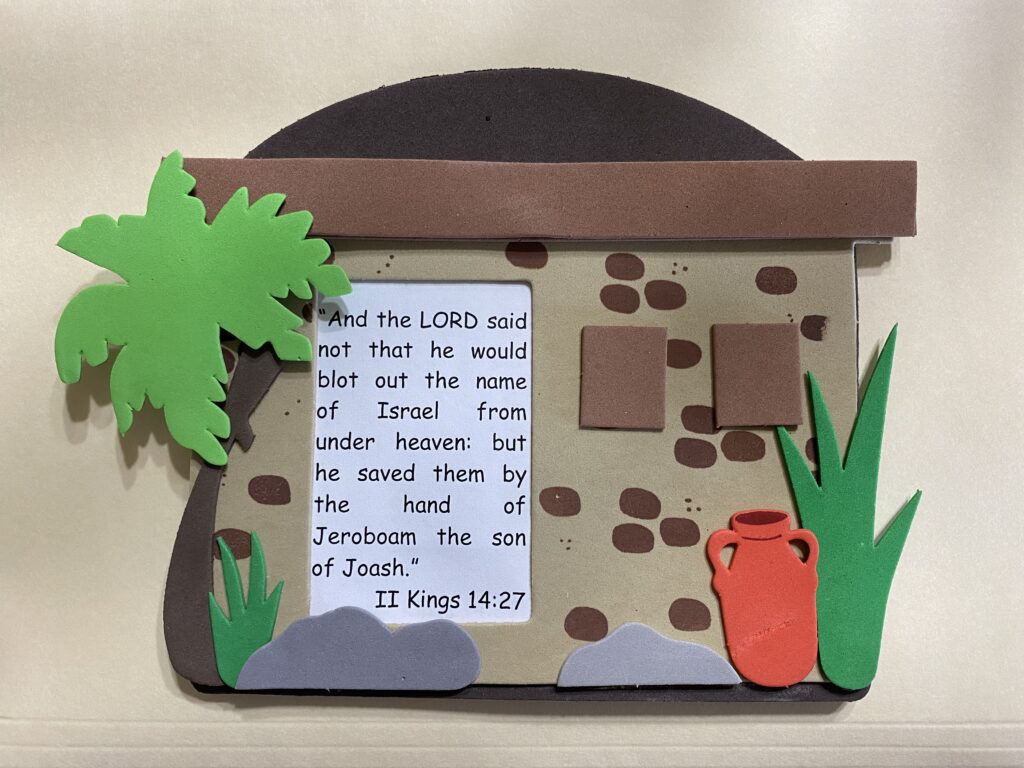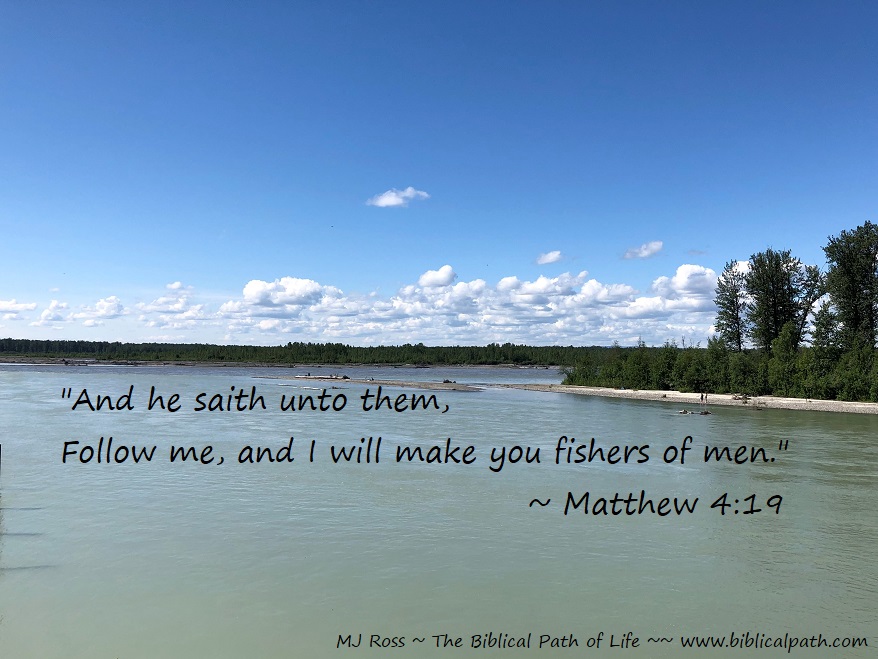
Key Verse
“And he saith unto them, Follow me, and I will make you fishers of men.“
—Matthew 4:19
Key Verse Thought: Read today’s key verse. Have you ever been fishing? Did you have to fish a long time before catching any fish? Did you have the patience? Was it easy? Jesus called some men to leave their fishing nets to go and tell people about Jesus. Instead of fishing for fish, Jesus would teach them how to fish for men. They had to understand it would take a lot of time and patience. It wouldn’t always be easy.
Emphasis: We are to recognize Jesus is God’s Son and follow Him. It is then important to share the good news of Jesus with our friends and family – just as Jesus’ disciples did. Christians are to be fishers of men.
Lesson Summary: In our last lesson, we watched as John the Baptist’s ministry began to decrease, and the fame of Jesus began to spread. Jesus had declared to the people in his hometown of Nazareth that He was the Promised One. They rejected Jesus, and He left Nazareth but continued preaching.
In this lesson, we will read that when John the Baptist saw Jesus again, he declared that Jesus was the Lamb of God. When some of the followers of John heard this declaration, they followed Jesus. Andrew was one, and he found his brother, Simon, and brought him to Jesus. Jesus also called Philip (who brought Nathanael to Jesus). Herod threw John the Baptist into prison. Other men who had followed John chose to follow Jesus instead. In Galilee, many people followed Jesus, listening to His teachings. Jesus came to the shore and saw empty fishing boats. Jesus had Simon take Him out from the shore – so He could preach to the crowds. While out on the boat, Jesus told the fishermen to cast out their nets. They had fished all night and caught nothing, but at Jesus’ words, they cast out the nets. They caught so many fish the nets broke and the ships were sinking. Jesus called these men to leave their fishing nets to follow Him, and He would make them fishers of men. They followed Jesus.
Jesus went on to call Philip (who brought Nathanael to Jesus), and Matthew (who invited Jesus to dinner – along with many of his lost friends). However, the religious leaders of the day began to show their hatred for Jesus and started planning what they might do to Him.
Jesus saw the need of the people, and He recognized many laborers were needed. He prayed all night, and then called twelve apostles (who would be His witnesses to the world). After Jesus instructed the apostles, he sent them out to preach and heal. Jesus went out with his disciples preaching and healing.
In this lesson, we will learn some of the things Jesus taught His disciples: when Jesus told them to feed the crowd of more than five thousand with five loaves and two fishes, and also when Jesus asked who people said He was.
Y3Q1 – Lesson 4 Questions
Y3Q1 – Lesson 4 Children’s Worksheets
To help them remember today’s lesson, we made this to remind them that Jesus called His disciples to become fishers of men.
